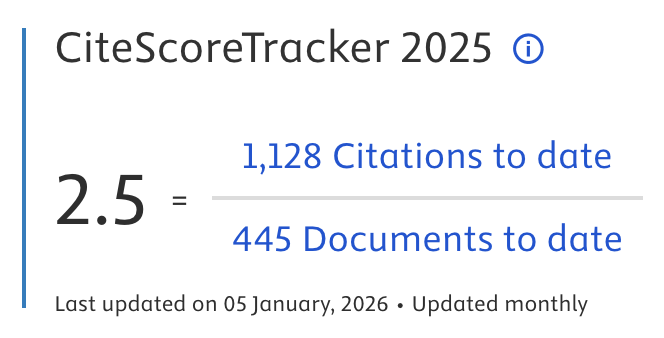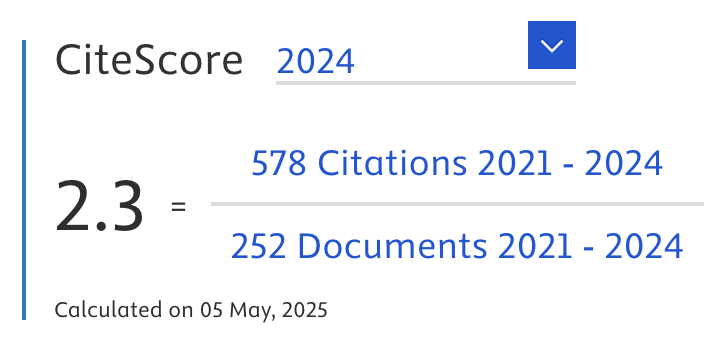Analyzing the Efficacy of Pose Recognition, YOLOv3, and Deep Learning Techniques for Human Activity Recognition
Abstract
The global increase in life expectancy, driven by increased nutrition, healthcare, and living conditions, has resulted in a significant growth in the senior population, notably in Kazakhstan, where the number of people aged 60 and more currently exceeds 2.7 million. This demographic transition poses considerable public health problems, particularly the high prevalence and severity of falls in older persons. Falls are currently the second largest cause of unintentional mortality for more than 87% of the elderly, with 28-34% falling at least once per year. As the worldwide population of people aged 65 and more is predicted to exceed 1.5 billion by 2050, there is an urgent need for precise, real-time fall detection systems. This work uses standardized datasets to conduct a complete evaluation of three fall detection methodologies: posture recognition, YOLOv3-based detection, and deep learning. Deep learning models attained the best accuracy of 92.0% by utilizing their capacity to learn complex spatial-temporal information, but at the cost of increased computing burden and slower inference times (40 ms). YOLOv3 provided competitive accuracy (90.2%) and quicker processing (25 ms), making it suitable for real-time deployment, although with a larger false positive rate. Pose identification, while highly interpretable due to its emphasis on skeletal key points, performed less well in crowded or obscured settings. The findings highlight the possibility for combining the capabilities of each technique to create hybrid systems with adaptive, resource-efficient architectures. Future research should focus on sensor fusion and optimization methodologies to improve accuracy and scalability across a variety of scenarios.
Article Metrics
Abstract: 174 Viewers PDF: 149 ViewersKeywords
Full Text:
PDFRefbacks
- There are currently no refbacks.

Journal of Applied Data Sciences
| ISSN | : | 2723-6471 (Online) |
| Collaborated with | : | Computer Science and Systems Information Technology, King Abdulaziz University, Kingdom of Saudi Arabia. |
| Publisher | : | Bright Publisher |
| Website | : | http://bright-journal.org/JADS |
| : | taqwa@amikompurwokerto.ac.id (principal contact) | |
| support@bright-journal.org (technical issues) |
 This work is licensed under a Creative Commons Attribution-ShareAlike 4.0
This work is licensed under a Creative Commons Attribution-ShareAlike 4.0





.png)